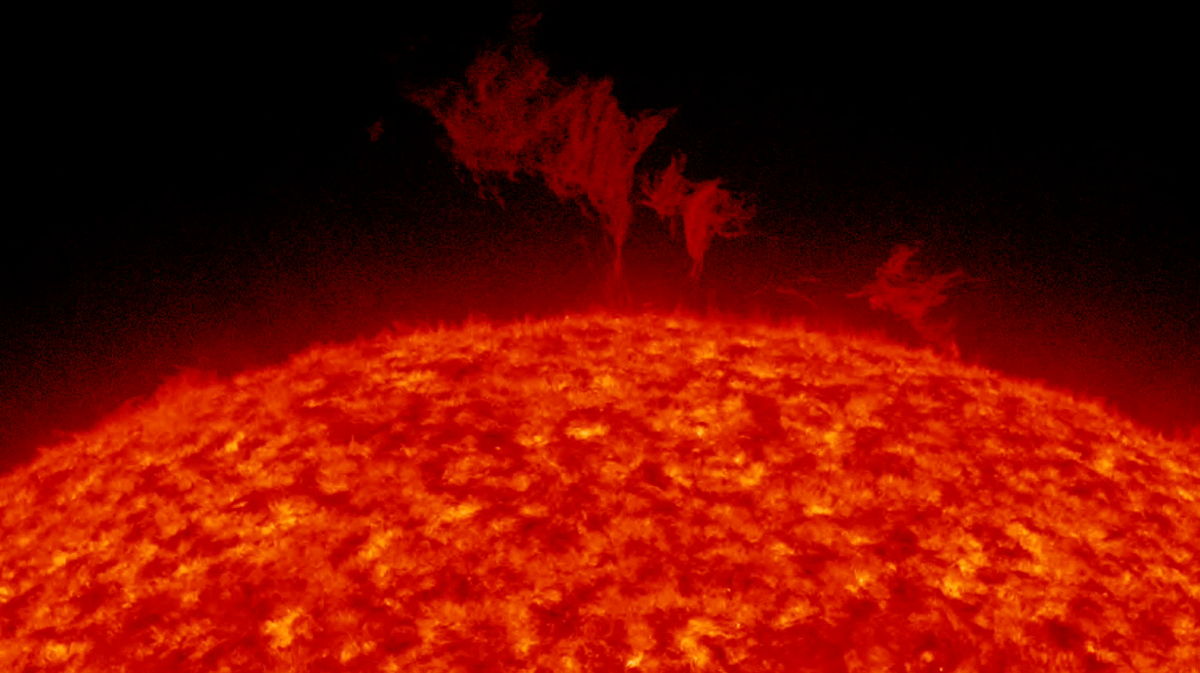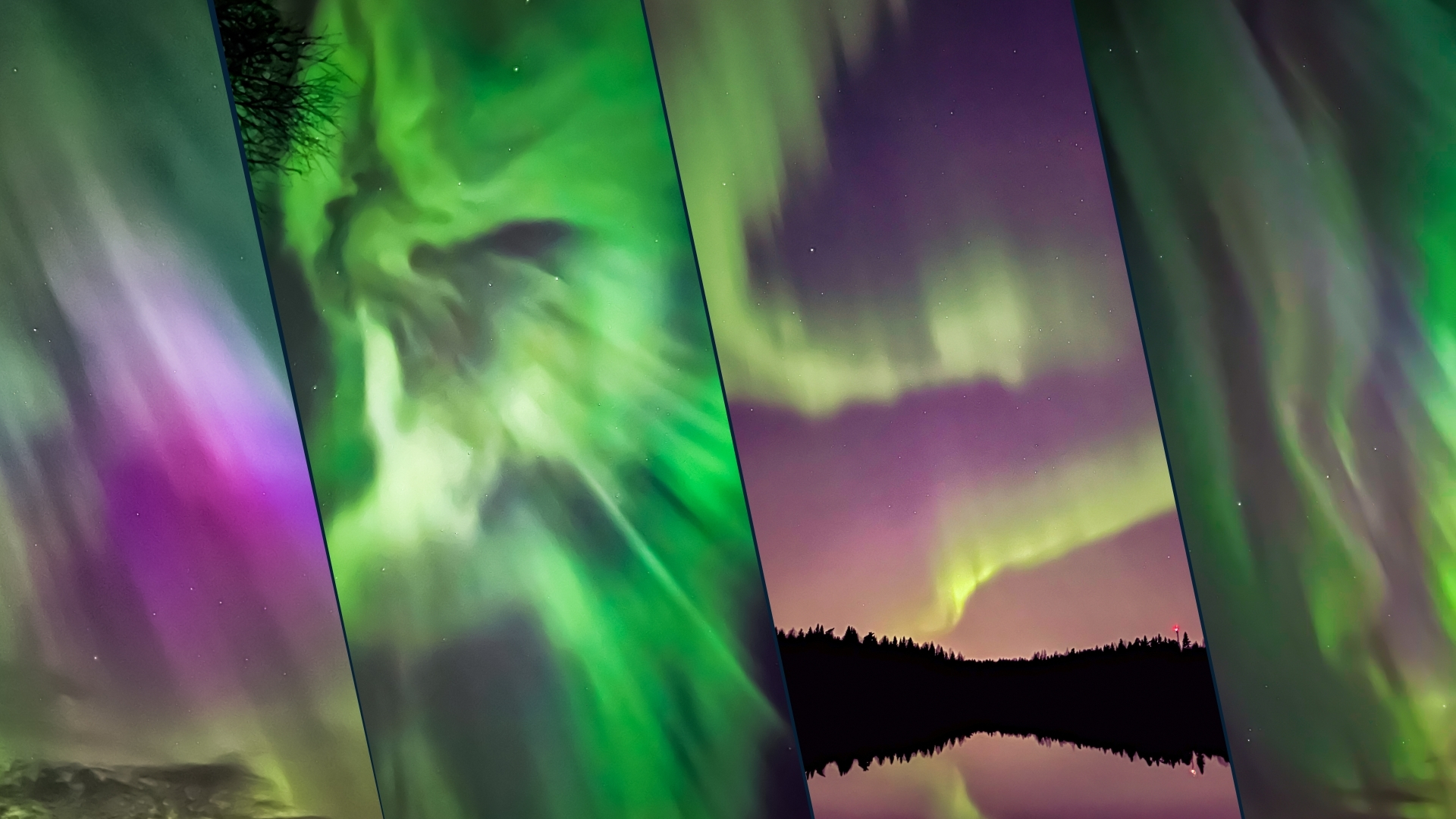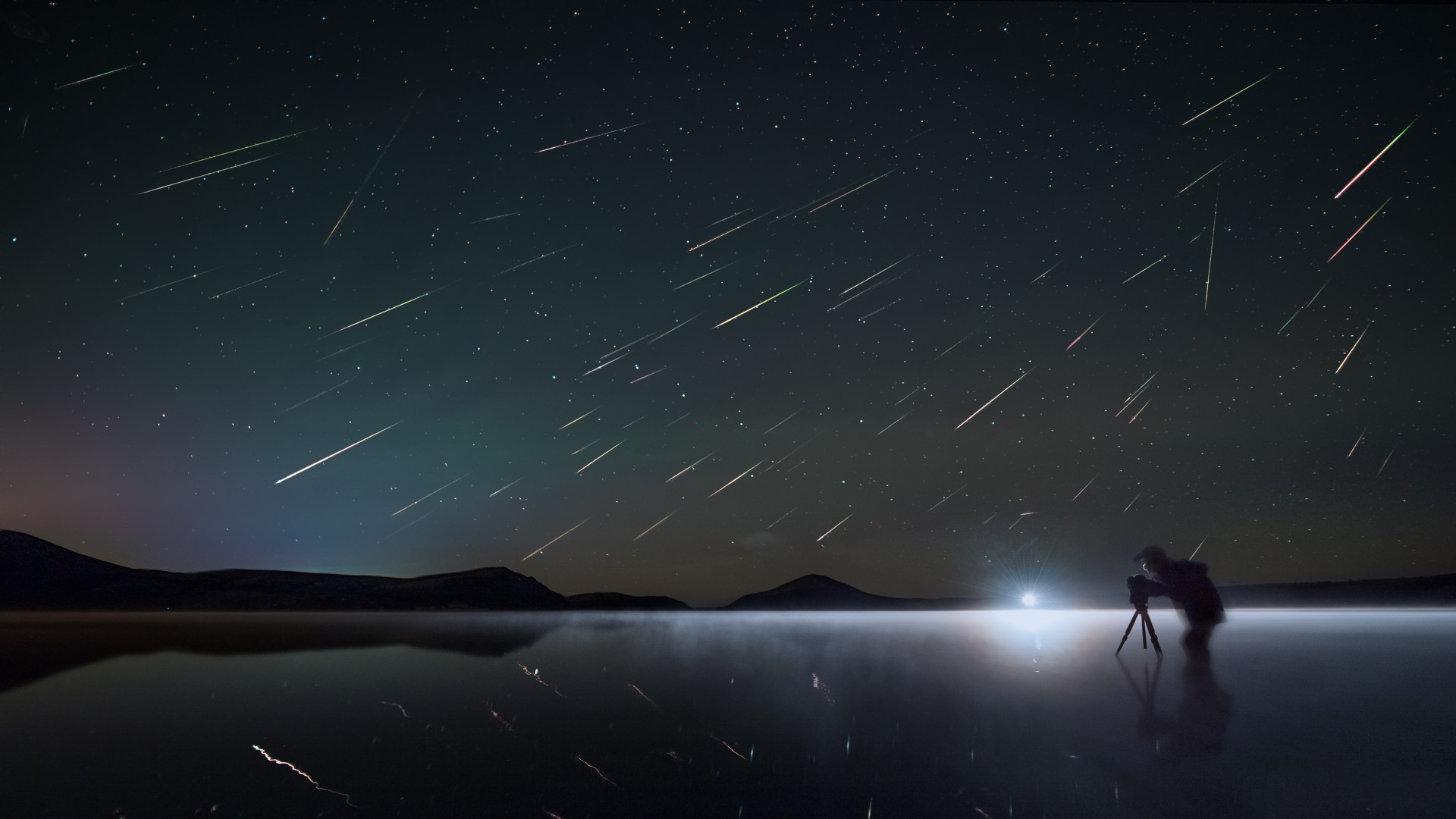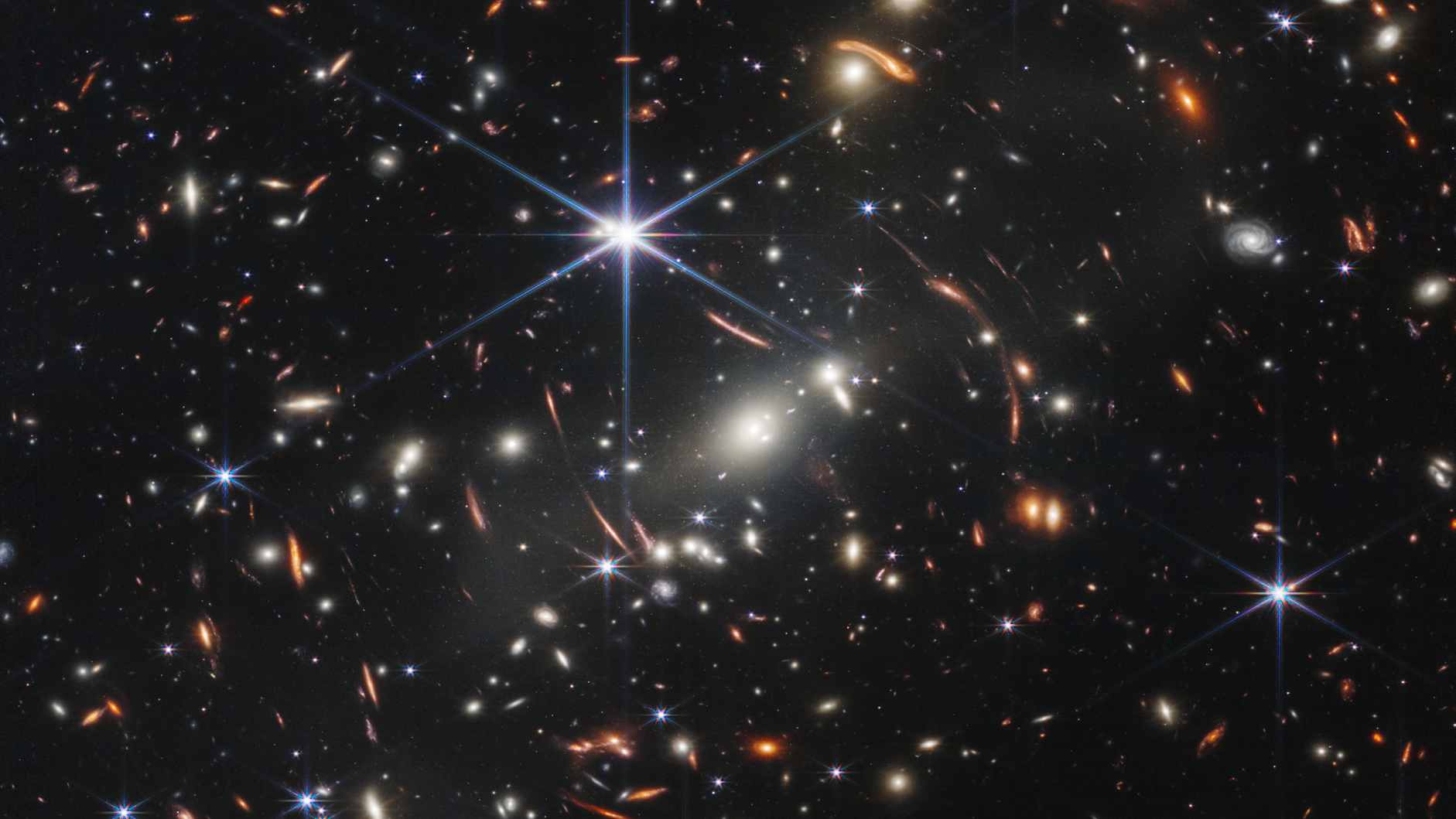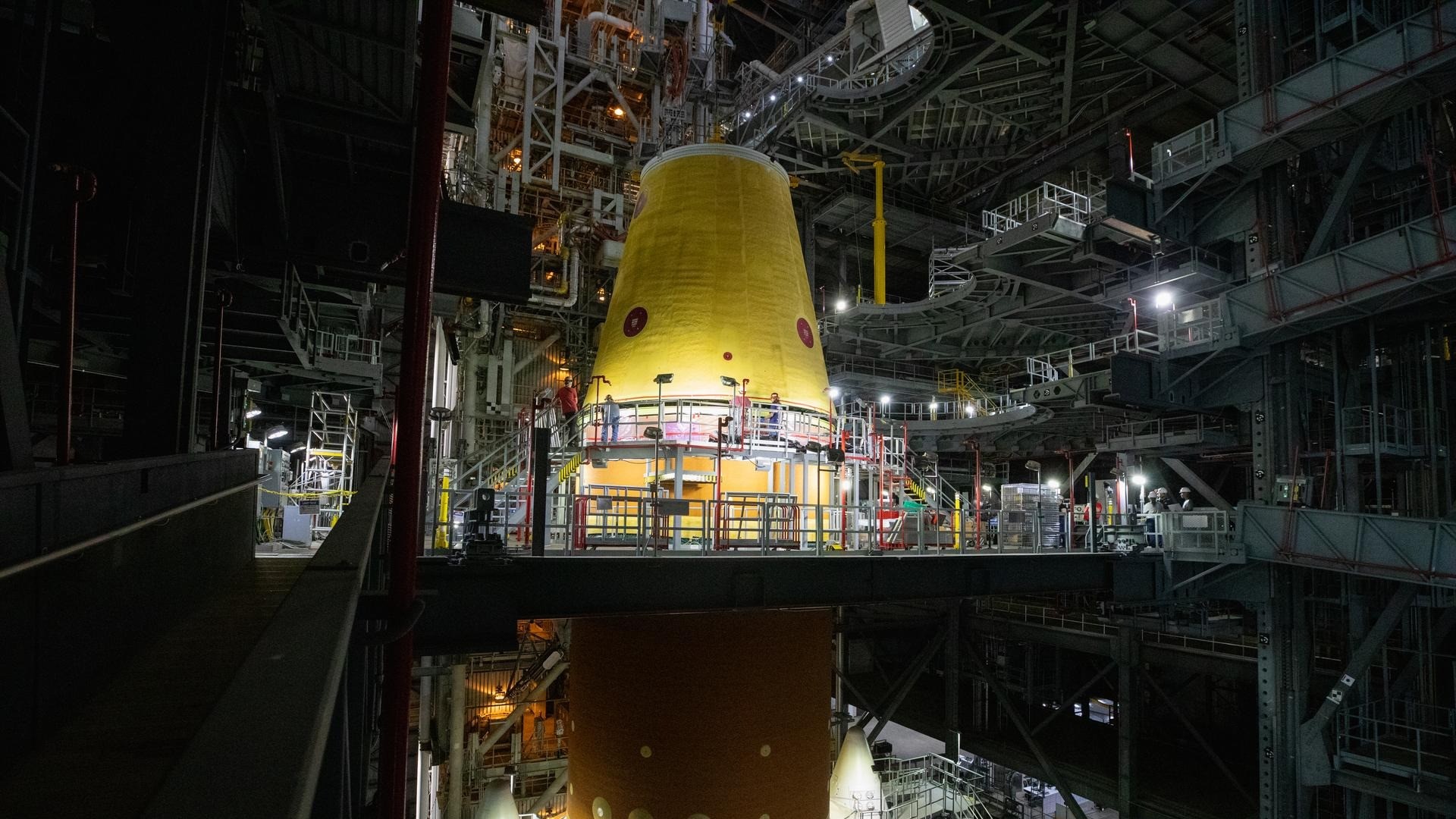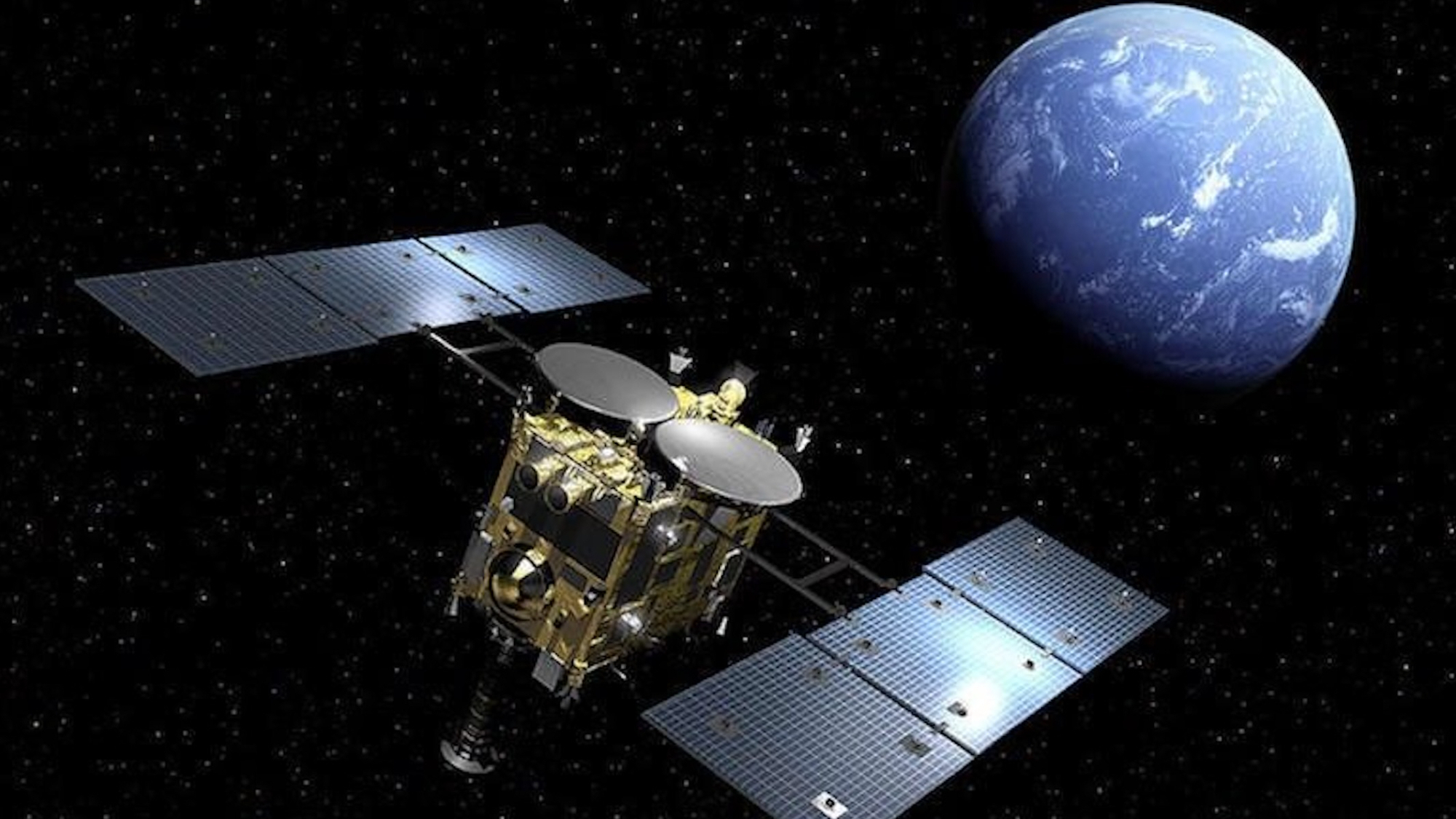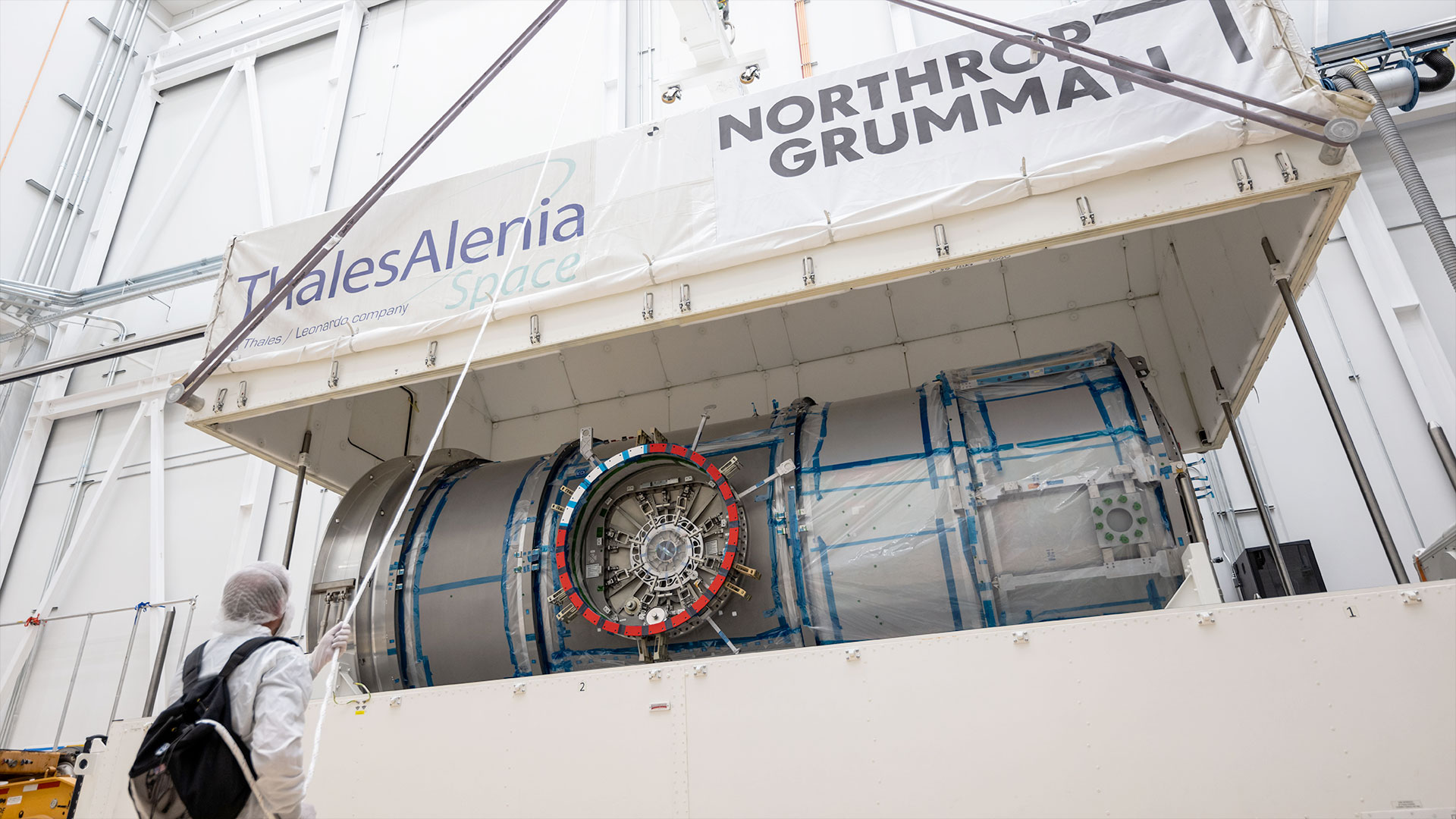NASA, HeroX need your help to simulate astronaut Mars missions
You can help NASA get astronauts ready for journeys to the Red Planet.

A virtual reality challenge seeks to help prepare astronauts for Red Planet living.
NASA opened a new Mars challenge today (Feb. 16) in partnership with crowdsourcing platform HeroX, along with Fortnite maker Epic Games and simulation company Buenda. They need your help to create a virtual reality environment to "replicate the experiences and situations astronauts may encounter on Mars," the entities stated in a press release.
Mars is a challenging environment compared to Earth, which is why NASA is looking for software to simulate various aspects of a Red Planet mission. Martian gravity is just 40% as strong as Earth's, for example, and weather conditions are dusty and windy. Even the daylight is strange, with "the orange hues of day transitioning to blue at night," the release added.
Around $70,000 of prize money is available to share between up to 15 participants who pass two phases: the first to build a storyboard concept and the next to create a virtual reality environment showing how Mars living may work.
Related: Mars' atmosphere: Facts about composition and climate
The challenge, dubbed MarsXR 2, is a sequel experience to another challenge that was completed in 2022. The previous challenge focused on extravehicular activities, or excursions by spacesuited astronauts on the Martian surface. Full eligibility details for the new challenge are available on the HeroX website.
"We are launching this sequel challenge to engage a greater number of thinkers and creators," Kal Sahota, CEO of HeroX, said in the statement. "We had a lot of success with the first challenge, and with this storyboard option, we expect even more innovative ideas and a broader audience of participants."
Get the Space.com Newsletter
Breaking space news, the latest updates on rocket launches, skywatching events and more!
HeroX and NASA have run numerous space challenges over the years, including a 2022 data-analysis effort seeking evidence of life on Mars.
NASA has no immediate plans to put people on the Red Planet; the agency's deep-space crewed efforts are currently working to land people on the moon with the Artemis program as soon as 2025. NASA views the moon as a stepping stone to Mars, however; the agency is tentatively targeting a crewed Mars landing in the late 2030s or early 2040s, depending on funding and technology developments.
Elizabeth Howell is the co-author of "Why Am I Taller?" (ECW Press, 2022; with Canadian astronaut Dave Williams), a book about space medicine. Follow her on Twitter @howellspace. Follow us on Twitter @Spacedotcom or Facebook.
Join our Space Forums to keep talking space on the latest missions, night sky and more! And if you have a news tip, correction or comment, let us know at: community@space.com.

Elizabeth Howell (she/her), Ph.D., was a staff writer in the spaceflight channel between 2022 and 2024 specializing in Canadian space news. She was contributing writer for Space.com for 10 years from 2012 to 2024. Elizabeth's reporting includes multiple exclusives with the White House, leading world coverage about a lost-and-found space tomato on the International Space Station, witnessing five human spaceflight launches on two continents, flying parabolic, working inside a spacesuit, and participating in a simulated Mars mission. Her latest book, "Why Am I Taller?" (ECW Press, 2022) is co-written with astronaut Dave Williams.
